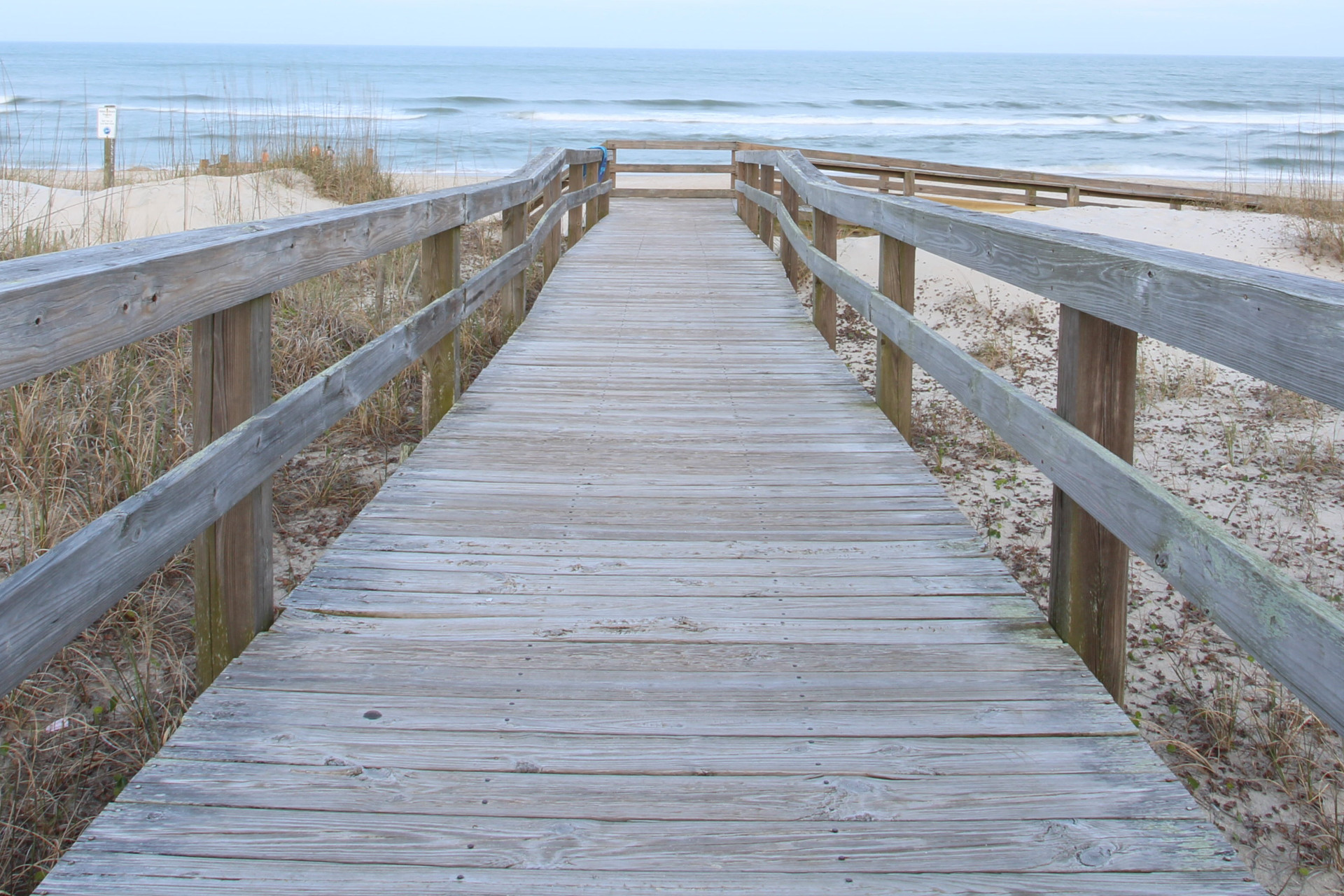There doesn’t seem to be any aspect of daily life in the year 2020 that hasn’t been affected in some way or another by the coronavirus pandemic. But one of the most common issues many of us seem to be facing in the wake of the coronavirus is insomnia. Since we are dealing with a virus that counts on your immune system defenses being lowered, it’s more important than ever to get a good night’s sleep. If you’re one of the many people suffering from lack of sleep right now, read on to see how you can reduce your restless nights for better health and wellbeing.
Why is insomnia so common right now? There are a host of factors to consider. During lockdown measures, many people deemed non-essential were confined to their homes and faced a loss of their daily routine. As a result, many people found themselves going to bed later and later and thus disrupted the natural circadian rhythm of their bodies. Anxiety as a result of living during a history making pandemic greatly contributes to restlessness and lost sleep. It’s understandable that our racing thoughts about the state of the world, and being unsure about the future, would cost us some precious rest time. Even worse, we are spending less and less time outdoors and not exposed to as much sunlight as we usually would be this time of year. Exercise and access to sunlight are both very important to maintaining your circadian rhythm, two things that are hard to get when we are encouraged to stay inside.
Does this mean that we are doomed to restless nights for the duration of this pandemic? Absolutely not! There are ways to ensure that you are getting better sleep, even with all the necessary precautions taken to stay safe. It is important to maintain a schedule, even on the weekends. Having a consistent bedtime and wake time is important for people of all ages, as it lets your body stay on a schedule and produce all the necessary chemicals needed for a well balanced mind and body. Find ways to get exercise and sunshine safely. Even a brisk walk in the morning or evening can make a big difference. Just find ways to get up and moving that bring you joy, and that will help release some of the tension in your body. Be careful of how much news and social media you are consuming. It’s good to stay informed, but only to a point. If you find yourself glued to your phone or TV, then it might be helpful to set limits on your own screen time. Most phones give you the option to set limits or track your time on certain apps, and you may want to set a time to turn off the TV every evening.
Another way to tackle insomnia is through diet. Monitor what you are eating to spot the problems. Cutting back on caffeine and sugar are always a good call. It’s important to consume foods with plenty of melatonin, magnesium, and antioxidants. The following foods contain nutrients that promote better sleep: almonds, turkey, kiwi, cherries, fish, walnuts, white rice, milk, and bananas. Also be mindful of when you eat. Eating too close to bedtime can influence how well you sleep. Making herbal tea a part of your evening routine can also go a long way to ensuring a good night’s rest.
If you’ve done all of this, and you’re still suffering from insomnia, it may be time to call your doctor. Insomnia lasting longer than a few weeks can severely affect your physical and mental health, and it’s important to involve a professional if you are unable to cope with it alone. It may also be wise to talk to a therapist about anxiety that may be contributing to your insomnia to see if your anxiety can be lessened through therapeutic means.
We are living in strange times, and it’s important to take care of your mind and body to survive. Sleep is one of the most restorative and vital things we can do for our bodies. Take some time to check on your wellbeing, and that of your loved ones, to ensure that we can all sleep easy.






